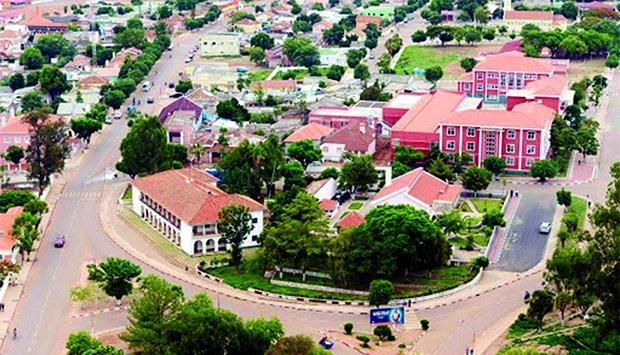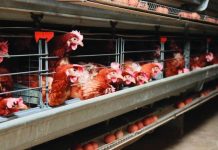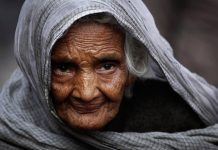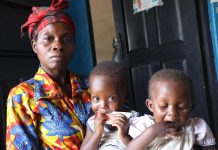Africa-Press – Angola. The traditional authorities of Cuando Cubango asked the President of the Republic for means to develop family farming, such as tractors and animal-drawn plows. The request was presented Thursday, in Menongue, during the visit of the Head of State to that province. João Lourenço, who returned to Luanda yesterday, chaired the meeting of the Local Governance Council on Thursday and consulted with representatives of civil society.
King Manuel Ndala (Mwene Vunongue VIII) led the group of traditional authorities in the audience with the President of the Republic and said he had presented the issues related to schools, health centers, agriculture, as well as roads that continue to worry communities in the middle rural.
In the nine municipalities of Cuando Cubango there are hundreds of scattered villages, most of which are inhabited only by a small family nucleus of less than 50 people. “We ask the President of the Republic to intercede with the ministerial offices and the provincial government to find a solution and allow these people to have access to the country’s wealth”, he said.
He said that this phenomenon of dispersion of villages is due to the great asymmetries between one locality and another, above all, the lack of roads, which makes it difficult for people to move, which is why they prefer to stay in the fields and take care of the cattle, there being in these areas dozens of children who reach adulthood and age without ever having attended school.
They also asked for assistance from the Head of State to support family farming peasants with tractors and animal-drawn plows, to facilitate the cultivation of agricultural fields. According to traditional authorities, without this equipment, people make very small farms that serve only for self-sustainability, in a short period of time.
For his part, the pastor and president of the Pentecostal Assembly of God Church, Júlio Vipanda, spokesman for the group of religious leaders, said that the visit of the President of the Republic to Cuando Cubango “is a blessing for the faithful and for the population that , from that moment on, they expect to see solved many problems, hitherto obstacles to the development of the region”.
He explained that the Head of State listened carefully to the concerns raised, related to the provision of micro-credit, lack of roads, bridges and bridges to improve the circulation of people and goods, support for farmers, businessmen, construction of schools and hospitals, as well as other social infrastructure.
“The churches have a great capacity to be a partner of the Government in several areas, with the intention of helping to solve some problems that afflict communities, especially those who are in conditions of vulnerability, extreme poverty and those who live in the most remote areas. of the province”, he concluded.
The group of businessmen, led by the president of the Chamber of Commerce and Industry, Longui António Bongo, informed that the meeting with the President of the Republic served to present the problem of lack of financing and non-payment of the local public debt. The public debt affects more than 150 local companies that hope to see this situation resolved, which has been going on for about 16 years, and which is at the origin of the impoverishment rate of entrepreneurs in the province of Cuando Cubango.
Memo of Concerns
At the meeting, the Provincial Youth Council (CPJ) delivered a memorandum to the Head of State, containing the concerns that afflict this fringe of society, from the lack of employment, social housing, media library, leisure and sports areas, intercity roads, secondary and tertiary services that make life difficult for citizens.
CPJ Executive Secretary Miguel Tchissingui said that he presented to the President of the Republic the need to improve the province’s higher education infrastructure, the availability of more attractive courses, access for young people to micro-credit, construction materials and the conclusion of the works of the Centrality of Menongue.
The question was also raised of the lack of training schools for the most varied modalities, public lighting in some streets of Menongue, places suitable for the development of performing arts, exhibition of works of art, literature and sculptures, among others.
For More News And Analysis About Angola Follow Africa-Press






